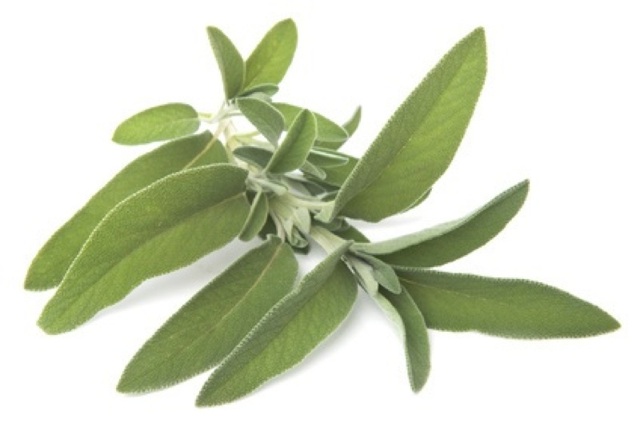by
Stepy —
December 3, 2018
- Sage is another unsung hero we feel deserve recognition. It is a perennial, evergreen subshrub, with blue to purplish flowers.
- It is native to the Mediterranean region and has a long history of medicinal and culinary use.
- The strongest active of sage are within its essential oil, which contains cineole, borneol, and thujone.
- Sage leaf contains tannic acid, oleic acid, and estrogenic substances.
- Sage potent health benefits:
- Cancer-preventing:
- Sage is full with antioxidants which clean up the free radicals of in our metabolism.
- Antioxidants work hard to prevent free radicals from attacking cell tissues and help prevent cancer.
- Aids with Diabetes:
- Sage is considered being of benefit to patients with diabetes, according to Pub Med website. A study by researchers C. F. Lima, M. F. Azevedo, et. al., was done at the University of Minho, Braga, Portugal, August, 2006. Entitled, “Metformin-Like effect of Salvia officinalis (common sage): is it useful in diabetes prevention?” The study was based on the anti-diabetic effects of an infusion of sage tea in mice. The results showed sage tea infusion effects may be useful as a food supplement in preventing Type 2 diabetes by lowering the blood glucose of individuals at risk.
- Aids with cold and flu:
- Sage is beneficial in reducing fevers and colds, sore throat and headaches.
- NOTE: There is mounting evidence that sage may help with Alzheimer’s.
- Taken as a tea, it is a diuretic and has anti-inflammatory, antioxidant and antimicrobial properties. If you drink sage tea it can also help reduce anxiety.
-
- Sage tea recipe:
- Ingredients: (Makes 2 cups)
- 2 cups water
- 2 tbsps chopped fresh sage or dried
- 2 tbsps lemon juice
- 1 tbsp raw honey
- Directions:
- Boil water
- Add Sage
- Let steep for 15 minutes
- Strain before drinking
- Note: None of the information in our website is intended to diagnose, treat, cure or prevent any illness or disease. The content on our website is for educational purposes only.
- REFERENCES:
- 1. Clebsch, Betsy; Carol D. Barner (2003). The New Book of Salvias. Timber Press. p. 216. ISBN 978-0-88192-560-9.
- 2. Stearn, William T. (2004). Botanical Latin. Timber Press (OR). p. 456. ISBN 0-88192-627-2.
- 3. Akhondzadeh S, Noroozian M, Mohammadi M, Ohadinia S, Jamshidi AH, Khani M. (2003). “Salvia officinalis extract in the treatment of patients with mild to moderate Alzheimer’s disease: a double blind, randomized and placebo-controlled trial”. J Clin Pharm Ther 28 (1): 53–9. doi:10.1046/j.1365-2710.2003.00463.x. PMID 12605619


















